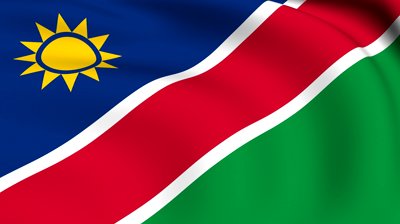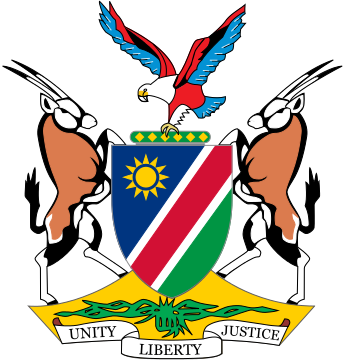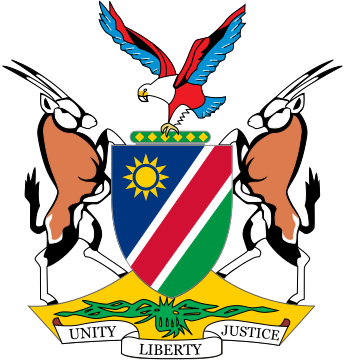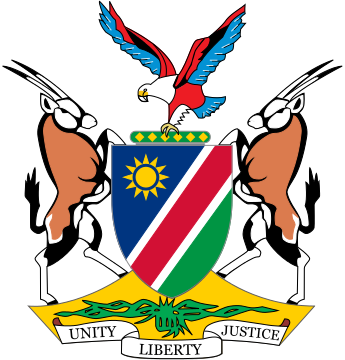South Africa occupied the German colony of South-West Africa during World War I and administered it as a mandate until after World War II, when it annexed the territory. In 1966, the Marxist South-West Africa People's Organization (SWAPO) guerrilla group launched a war of independence for the area that became Namibia, but it was not until 1988 that South Africa agreed to end its administration in accordance with a UN peace plan for the entire region. Namibia has been governed by SWAPO since the country won independence in 1990, though the party has dropped much of its Marxist ideology. Prime Minister Hage GEINGOB was elected president in November 2014 in a landslide victory, replacing Hifikepunye POHAMBA who stepped down after serving two terms. SWAPO retained its parliamentary super majority in the November 2014 elections and established a system of gender parity in parliamentary positions.
Namibia is a presidential republic.
Source: CIA World Factbook
Members:
Resources
Displaying 1 - 5 of 14Agricultural (Commercial) Land Reform Amendment Act, 2014
An Act to amend the Agricultural (Commercial) Land Reform Act, 1995, so as to insert a certain definition; to provide for further situations where the State has the right of preference to purchase land; to provide for a negotiating committee on purchase prices; and to provide for incidental matters.
Report on the proceedings of the National Conference on Women’s Land and Property Rights and Livelihood in Namibia, with a Special Focus on HIV/AIDS
Report divided into 5 themes: legal issuers of women’s rights to land and property in Namibia; traditional institutions on women’s land and property rights; HIV/AIDS, land and property rights, and livelihood strategies; Namibian experiences; regional experiences (Swaziland, Uganda, Zambia, Zimbabwe).
Communal Land Reform Act, 2002
To povide for the allocation of rights in respect of communal land; establish, Communal Land Boards; to provide for the powers of Chiefs and Traditional Authorities and boards in relation to communal land; and to make provision for incidental matters
Agricultural (Commercial) Land Reform Act, 1995
An Act to provide for the acquisition of agricultural land by the State for the purpose of land reform and for the allocation of such land to Namibian citizens who do not own or otherwise have the use of any or of adequate agricultural land, and foremost those Namibian citizens who have been socially, economically or educationally disadvantaged by past discriminatory laws or practices; to vest in the State a preferent right to purchase agricultural land for the purposes of the Act; to provide for the compulsory acquisition of agricultural land by the State for the purposes of the Act; to re






